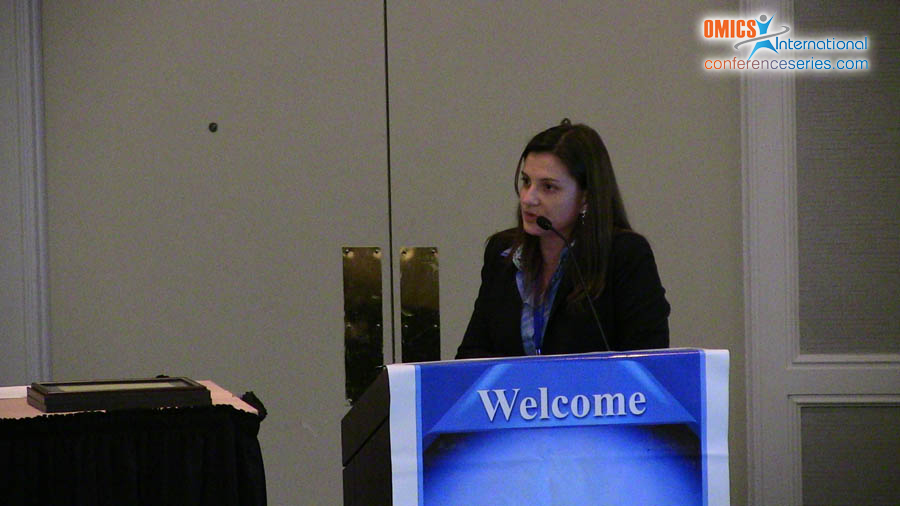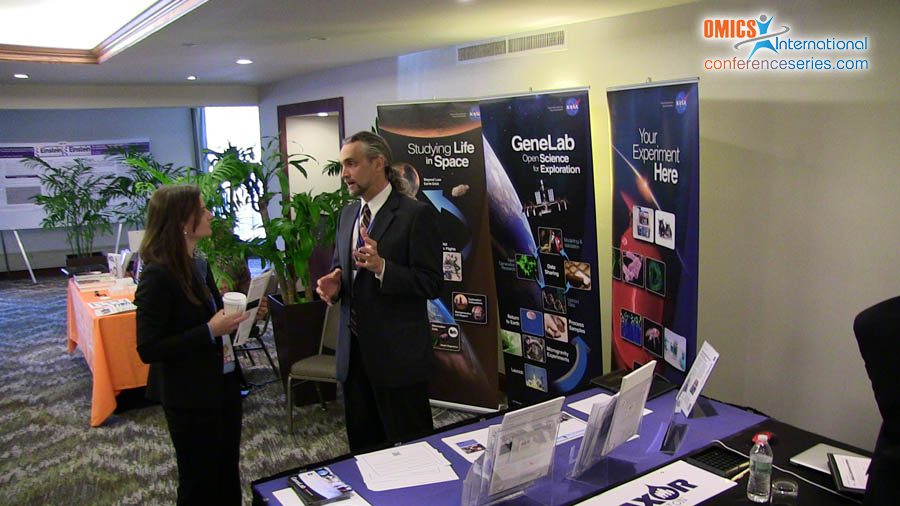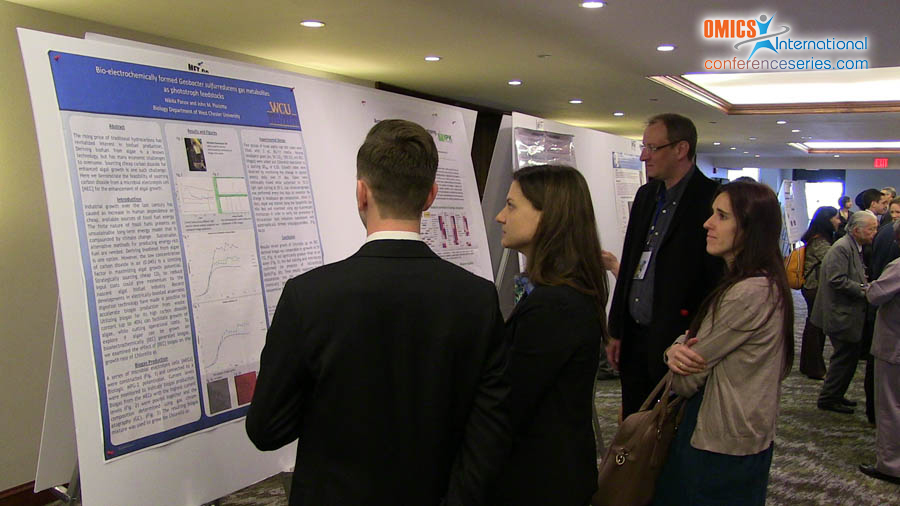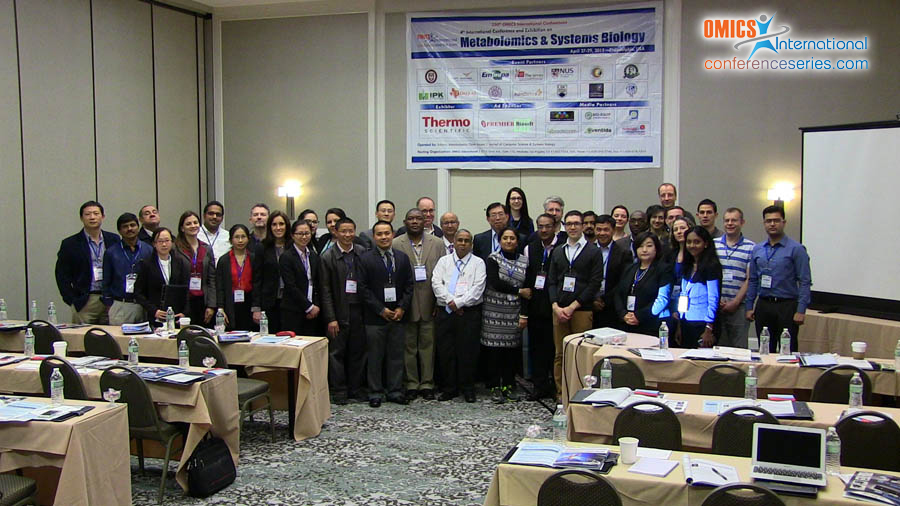
PatrÃciaVerardi Abdelnur
Embrapa Agroenergy, Brazil
Title: Metabolomics of xylose-fermenting yeast for increasing efficiency in the production of second generation ethanol
Biography
Biography: PatrÃciaVerardi Abdelnur
Abstract
The growing demand for alternative energy sources, adding value to products and utilization of residual biomass, as well as reducing the negative impacts on the environment, have encouraged the development of processes for producing ethanol from second generation (2G), ie, ethanol produced from lignocellulosic biomass. However, a bottleneck in the production of ethanol 2G is the inability of the yeast Saccharomyces cerevisiae, used in industry worldwide microorganism to produce ethanol, to convert pentoses such as xylose to ethanol (RUDOLF et al, 2009). Xylose is the second most abundant sugar on biomass, with about 33 % of fermentable sugars in the sugarcane bagasse (SASSNER et al, 2008). Given the importance of utilizing xylose to ethanol production, research have been done to identify yeast strains able to ferment pentose, highlighting two strategies: the identification of strains naturally capable of fermenting xylose and the development of recombinant strains of S. cerevisiae (WOHLBACH et al 2011; HÄGERDAL - HAHN et al, 2007).In this work, metabolomics approaches has been used to identify and quantify targets in the metabolic pathway for ethanol production from xylose. A method has been developed using UPLC-MS (Xevo TQD, Waters). ESI(+) and ESI(-)-MS, MS/MS and MRM experiments were performedin different conditions to obtain a sensitive and seletive method of targeted metabolomics. Finally, the metabolic pathways of four strains of yeast were compared and potential targets identified.
Speaker Presentations
Speaker PDFs
Speaker PPTs Click Here




